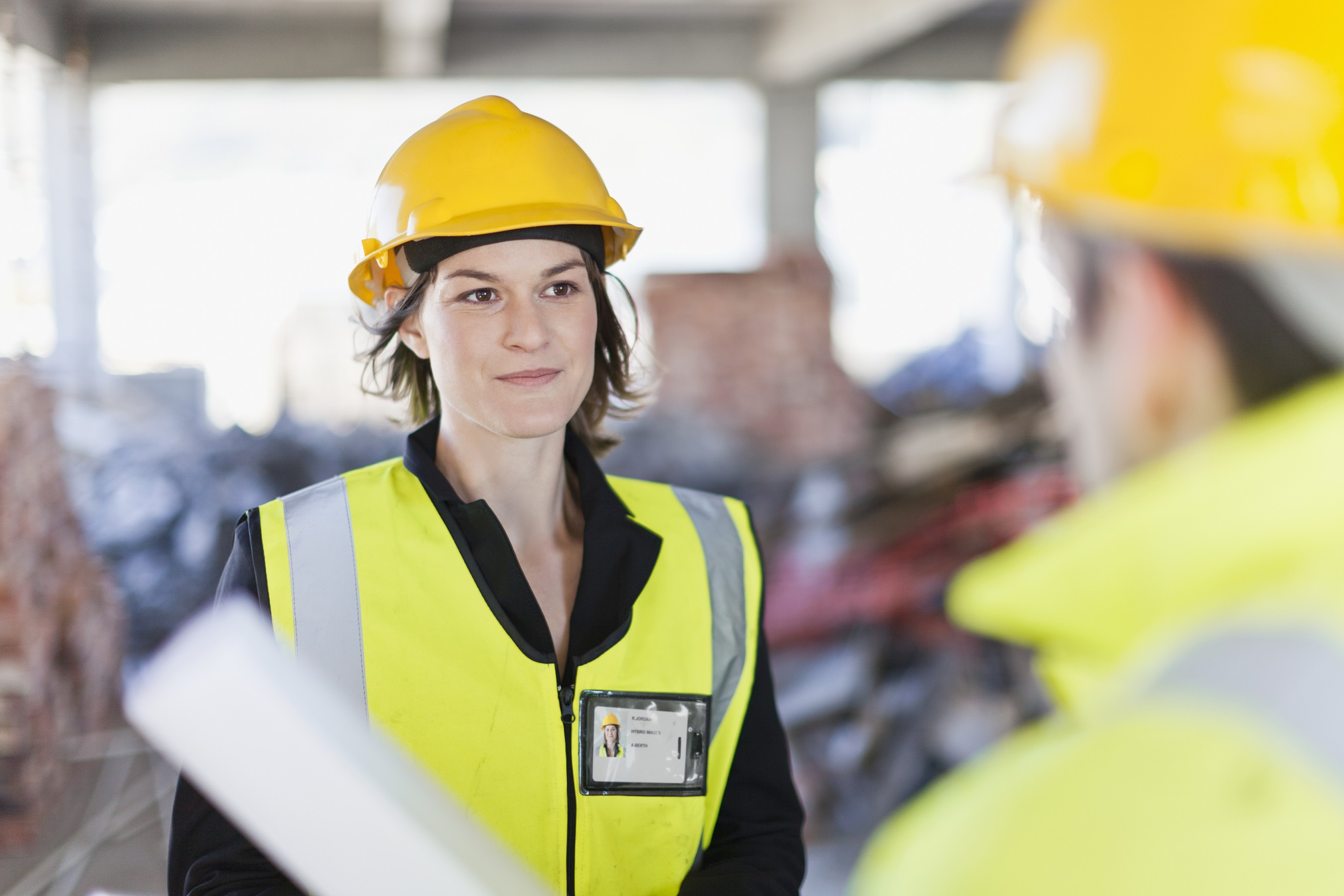Why positive work health and safety culture is important
Published on Posted onThere are many benefits that arise from having a positive work health and safety culture, but it really is as simple as the fact it prevents injury, illness and death. And it’s the law. But it is also part and parcel of being a good boss to make sure workers aren’t at risk of developing an injury or illness, and never coming home.
Some industries and occupations are more dangerous than others, but every workplace, no matter how dangerous, must have appropriate workplace health and safety practices. After all, a safe and healthy workplace is a fundamental right.
While the number of work-related deaths in Australia has halved from its peak in 2007, a worker still dies every two days from a work-related injury in Australia.
As explored in Safe Work Australia’s Traumatic Injuries 2020 report, such worker fatalities occur more frequently in the agriculture, forestry, fishing and transport, postal, warehousing and construction and manufacturing industries – in particular among machinery operators and drivers, labourers and technicians and trades workers.
Importance of positive workplace health and safety culture
In Australia, over 500,000 people are injured due to workplace accidents every year, and close to 200 people are fatally injured at work. On a global scale, the numbers are in the millions. These statistics mean that thousands of Australians are affected by workplace accidents every day.
There are many direct and indirect impacts borne on both employers and workers because of such work accidents: productivity loss, serious injury and compensation payouts, just to name a few. Not only this but families and friends have to watch their loved ones suffer, miss out on work, lose wages, miss family events, and in the most severe cases, never see their loved ones return home.
By protecting workers with appropriate risk management processes, you not only reduce the risk of injury or illness, but you reduce absences, experience fewer disruptions and consequently increase production, and save lives.
And if the COVID-19 pandemic has taught us anything, our environments are always changing. This is why it’s important to act together to build a positive safety and health culture at work, which also happens to be the theme for this year as set by the International Labour Organisation.
Workers’ compensation entitlements for deceased workers and their families
Each state has its own WorkCover workers’ compensation scheme that aims to help prevent injuries and deaths at work, enforce occupational health and safety laws and offer financial assistance to those affected.
In addition to what may be available through superannuation death benefits, if a family member or someone you are dependent on dies at work or from a work-related injury or occupational diseases, you may be eligible for a dependency claim.
Compensation from a dependency claim may come as a lump sum, weekly or quarterly benefits or help with funeral costs.
To make a claim for dependency, WorkCover will generally need to know a few things including your relationship to the person who passed away, your dependence on them and also the cause of death.
WorkCover may also need a copy of their Will, a Grant of Probate or Letters of Administration if there are any. However as the laws for each state are different, we recommend seeking legal advice.

